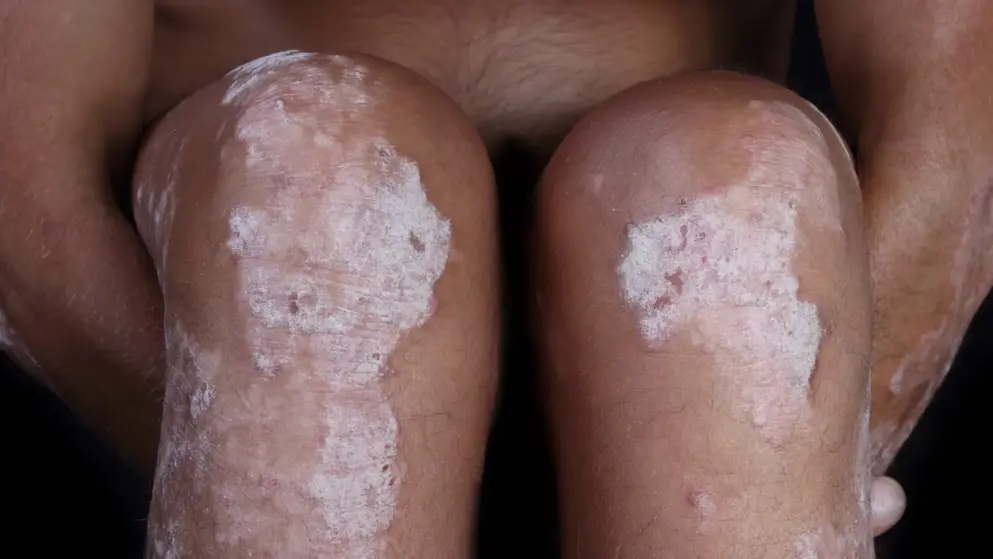
News
Phase III PSO-LONG trial of Enstilar meets primary endpoint in plaque psoriasis.- LEO Pharma
LEO Pharma presented results from the Phase III PSO-LONG clinical trial comparing the efficacy and safety of twice-weekly Enstilar (calcipotriene and betamethasone dipropionate) foam, versus foam vehicle for long-term (52-week) maintenance treatment for adult patients with plaque psoriasis. Enstilar (calcipotriene and betamethasone dipropionate) Foam met the primary endpoint in the PSO-LONG trial by prolonging time to first relapse versus foam vehicle (56 days vs. 30 days). Results show that 521 patients (80%) achieved treatment success (Physician Global Assessment [PGA] “clear”/”almost clear” with a minimum two-grade improvement from baseline) and were then randomized 1:1 to twice-weekly administration of either calcipotriene and betamethasone dipropionate foam or vehicle foam for 52 weeks. In both arms, patients with relapse received once-daily calcipotriene and betamethasone dipropionate foam for four weeks. Data shows 82% of patients had a PGA score of ‘moderate’ at baseline. In addition, 251 randomized patients (46%) completed the long-term study. Safety was evaluated as effects on calcium homeostasis and on hypothalamic-pituitary-adrenal (HPA) axis with long-term use of twice-weekly calcipotriene and betamethasone dipropionate foam, among other safety assessments. No clinically relevant effects on calcium metabolism or the HPA axis were observed. The rate of adverse events (AEs) was comparable across treatment groups. Results were presented as ePosters online at the American Academy of Dermatology (AAD) Virtual Meeting Experience (VMX) 2020.
Condition: Psoriasis
Type: drug

